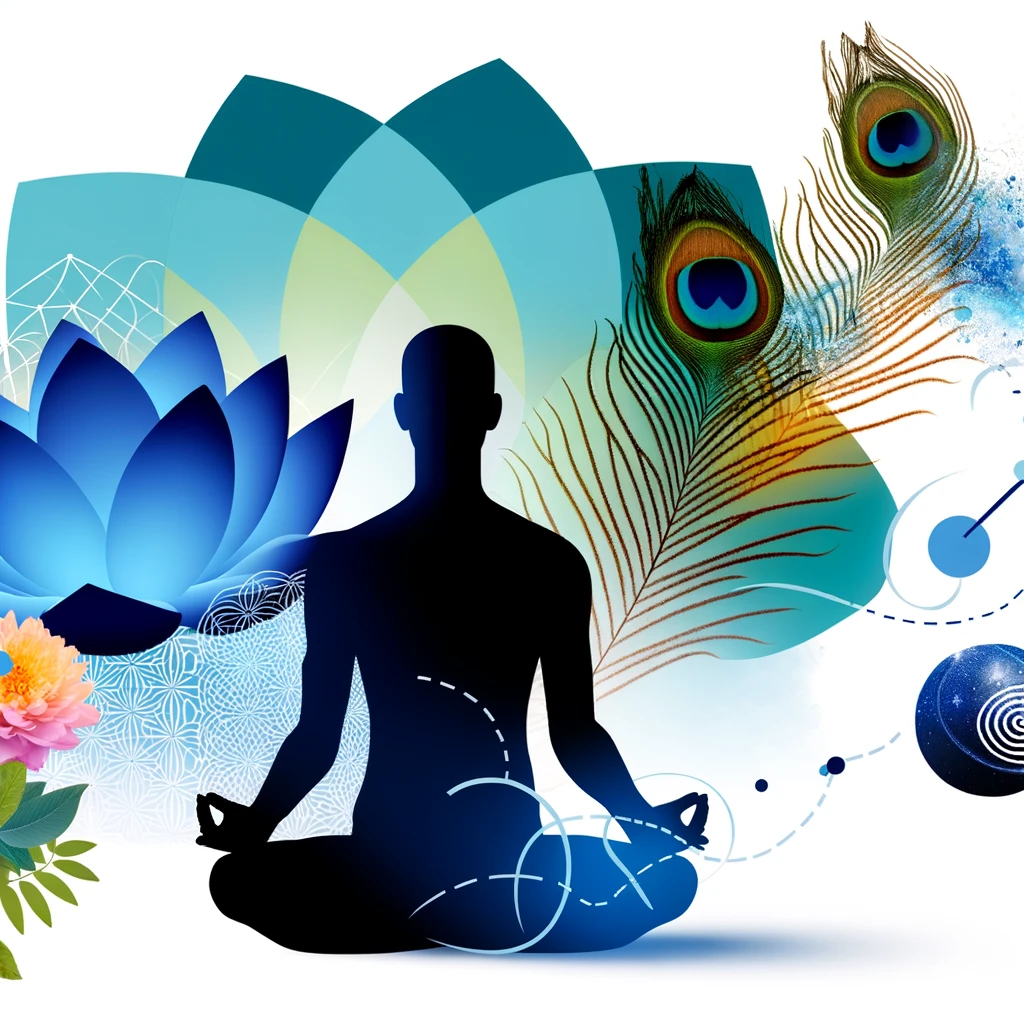In the rich tapestry of Indian psychological thought, meditation and mindfulness stand out as timeless practices, deeply rooted in ancient wisdom yet remarkably relevant to our contemporary lives. As a psychology student with a focus on Indian thoughts, I have witnessed firsthand the transformative power these practices can wield on mental health and overall well-being.
The Essence of Meditation in Indian Psychology
Meditation, or ‘Dhyana’, has been a cornerstone of Indian spirituality and psychology for millennia. It is not merely a practice but a state of profound, deep peace that occurs when the mind is calm and silent, yet completely alert. This ancient technique transcends the limitations of the thinking mind, allowing individuals to experience a state of inner peace and clarity.
Mindfulness: A Present-Centered Awareness
Mindfulness, a concept that has gained immense popularity worldwide, is deeply ingrained in Indian psychological practices. It involves maintaining a moment-by-moment awareness of our thoughts, feelings, bodily sensations, and the surrounding environment with openness, curiosity, and acceptance. Mindfulness teaches us to be present in the moment, free from judgment and over-identification with our thoughts.
Scientific Backing and Benefits
Modern science has begun to catch up with what Indian sages knew centuries ago: meditation and mindfulness can significantly impact our mental and physical health. Research shows that these practices can reduce stress, anxiety, depression, and pain, enhance mental clarity, and promote emotional health. Furthermore, they can improve sleep, lower blood pressure, and even augment immune function.
Incorporating Meditation and Mindfulness into Daily Life
Incorporating these ancient practices into our daily routine can seem daunting in our fast-paced world. However, the beauty of mindfulness is its accessibility. It can be practiced at any moment, whether you’re eating, walking, or simply breathing. Meditation, on the other hand, requires a few quiet minutes each day, dedicated to sitting in silence, focusing on a mantra, or following the breath.
Case Studies and Clinical Applications
Numerous case studies illustrate the efficacy of meditation and mindfulness in therapeutic settings. From treating PTSD and anxiety disorders to managing chronic pain and depression, these practices have proven to be versatile tools in clinical psychology. They empower individuals to take an active role in their mental health, fostering resilience, and promoting a sense of inner peace.
Conclusion: A Bridge to Well-being
As we navigate the complexities of modern life, the ancient practices of meditation and mindfulness offer a sanctuary for our mental health. They remind us of the power of the present moment and our inherent capacity for peace and well-being. Embracing these practices can lead us on a path to greater emotional balance, mental clarity, and a deeper understanding of ourselves and the world around us.




